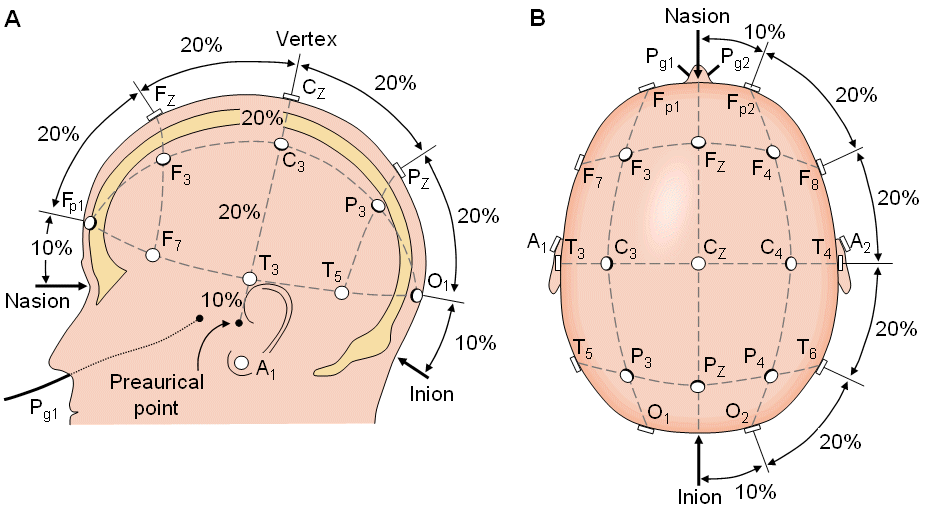Investigating The Way Sleep Ailments Disrupt Neural Oscillation Function and Impact Cognitive Performance
Investigating The Way Sleep Ailments Disrupt Neural Oscillation Function and Impact Cognitive Performance
Blog Article
Slumber is an essential part of our everyday lives, enabling our bodies and mental faculties to repose and recover. However, many individuals experience from slumber disorders, which can significantly disturb sleep patterns. These disorders can lead to multiple issues, including alterations in brainwave activity. Brainwaves are electronic signals in the mind that reflect our mental state and function. When sleep is disturbed, the normal patterns of neural waves can be affected, leading to problems with cognitive function, such as recall, attention, and decision-making.
There are several types of slumber disorders, including insomnia, slumber apnea, and unsettled leg syndrome. Sleeplessness is characterized by trouble going or staying asleep, while slumber apnea involves pauses in breathing during slumber. Restless leg syndrome induces uncomfortable feelings in the legs, leading to an compelling desire to shift them. Each of these disorders can disrupt the natural slumber cycle, which consists of various stages, including light sleep, profound sleep, and REM (rapid eye movement) slumber. Each stage plays a vital role in maintaining overall cognitive health and performance.
When slumber disorders interfere with these stages, brainwave activity can become irregular. For instance, during deep sleep, the brain generates slow delta waves, which are essential for bodily restoration and memory consolidation. If a individual experiences frequent awakenings or does not attain deep sleep, the generation of these delta waves is reduced. This can lead to difficulties in acquiring new knowledge and retaining memories. Additionally, REM sleep, which is linked with fantasizing and emotional processing, is also impacted. Disruptions in REM sleep can result to issues with emotional regulation and inventiveness.
The impact of sleep disorders on mental function is substantial. Research has shown that individuals with slumber disorders often experience difficulties with focus and concentration. This can affect their capability at educational institutions or work, making it challenging to finish tasks or participate in discussions. Furthermore, long-term sleep deprivation can lead to emotional changes, increased stress, and even nervousness or depression. These mental and affective challenges can create a cycle, where poor sleep results to cognitive difficulties, which in turn can lead to more sleep problems.
Addressing slumber disorders is essential for improving neural wave activity and cognitive function. Therapeutic options may encompass lifestyle changes, such as creating a consistent sleep schedule, creating a cozy slumber environment, and practicing relaxation techniques. In some cases, medical intervention may helpful hints be required, such as using a CPAP machine for slumber apnea or medication for insomnia. By prioritizing slumber and pursuing appropriate treatment, people can improve their overall cognitive abilities and improve their quality of life. Comprehending the relationship between sleep disorders, brainwave activity, and mental function is an essential step toward better health and wellness.